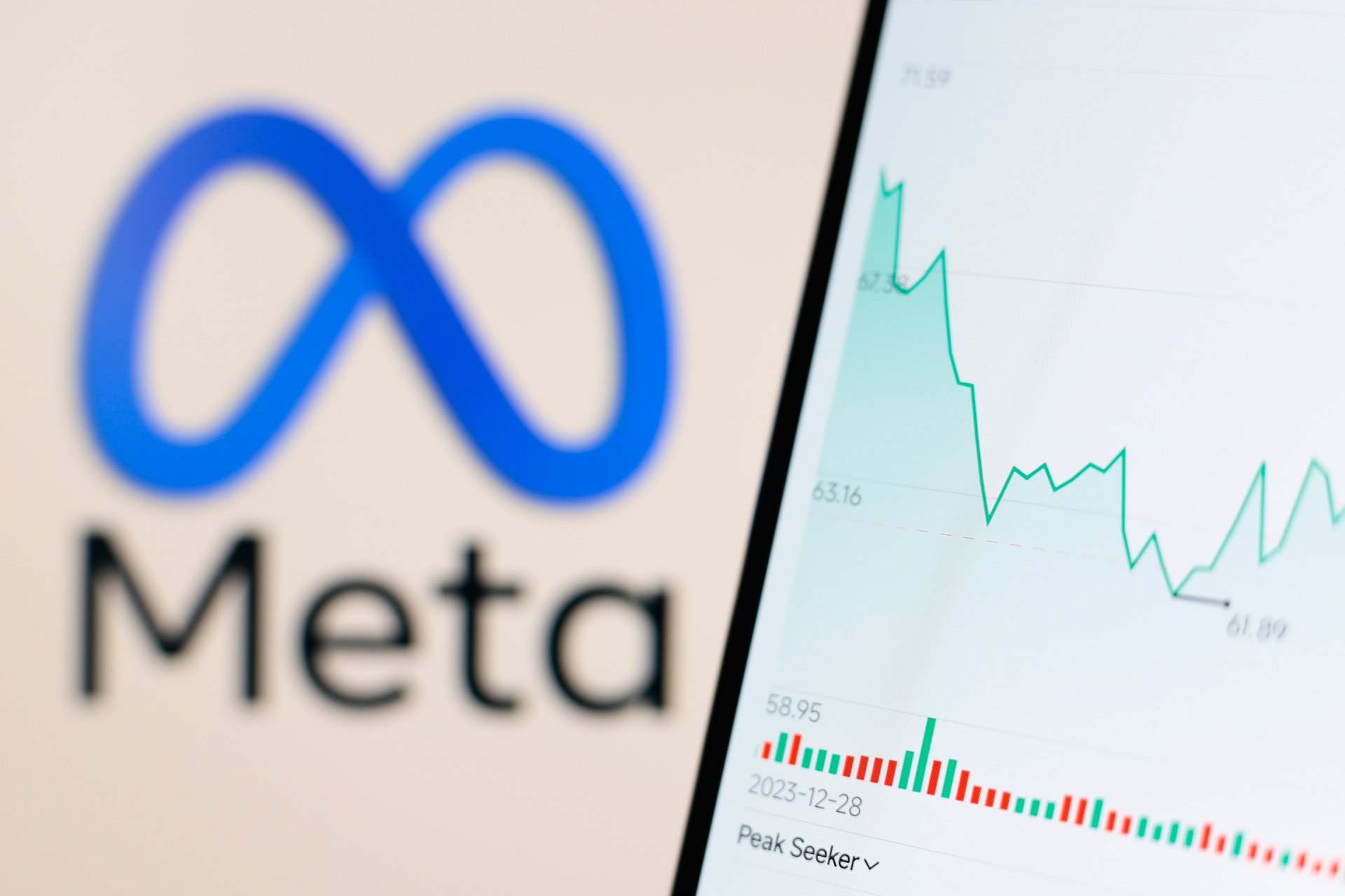Meta's AI costs are about to go through the roof
AI spending could push the company's overall cost to $50 billion in 2025, according to one analyst

Meta may be cutting back on its metaverse dreams, but it’s striving for its AI goals at full speed. JPMorgan analyst Doug Anmuth said Meta’s company-wide costs could reach up to $50 billion in 2025, fueled by AI spending.
Suggested Reading
The social media giant will reveal its recent expenditures on AI and the metaverse during its quarterly earnings report Wednesday. Analysts expect Meta to thrive because of its new AI features and a “healthy” digital advertising market, driven in part by the upcoming U.S. presidential election. Despite forecasts of strong sales, the company’s stock could suffer — like Google and Tesla’s last week — if it posts higher-than-anticipated AI spending.
Related Content
Anmuth said in a note Monday that “investors are bracing for further potential increases” to Meta’s AI spending. Analysts expected the company’s capital expenditures to hit $9.5 billion in the second quarter, a nearly 50% increase from the first three months of the year. They foresee Meta’s total spending in 2024 hitting between $35 billion and $40 billion — and next year’s spending to reach $42 billion. Anmuth thinks Meta’s costs in 2025 could go $8 billion over that estimate, as high as $50 billion.
Wall Street is wary of hefty bills racked up by Big Tech as industry giants build out AI infrastructure and develop the latest artificial intelligence software. The Nasdaq hit its lowest point so far this year after Google and Tesla revealed their latest AI expenditures, apparently without sufficient answers for when those investments will start to pay off. Google’s expenditures are on a similar trajectory, with analysts expecting the company’s costs to increase 51% to about $50 billion in 2024.
But Mark Zuckerberg thinks Meta’s AI investments will begin to show their worth sooner than later. The CEO has said he thinks Meta’s recently-released Llama 3.1 will become the most widely-used AI model by the end of 2024 and “the most advanced in the industry” by the beginning of next year. And he’s willing to spend the money — and possibly overspend — to continue Meta’s AI advancements.
I think that there’s a meaningful chance that a lot of the companies are over-building now, and that you’ll look back and you’re like, ‘Oh, we maybe all spent some number of billions of dollars more than we had to.’ On the flip side, I actually think all the companies that are investing are making a rational decision, because the downside of being behind is that you’re out of position for like the most important technology for the next 10 to 15 years. — Mark Zuckerberg in a recent interview with the Los Angeles Times
Wedbush analyst Dan Ives has emphasized that Meta’s AI spending is distinct from the wasteful dollars it’s put into developing the metaverse.
“We strongly contrast this is not Meta/Zuckerberg spending on metaverse from 2 years ago, instead this is an AI arms race taking place in the U.S., China, and around the globe for building out the enterprise and consumer AI ecosystem. Rome was not built in a day and neither will this unprecedented AI Revolution.”
To be sure, several industry experts and studies have taken issue with calling the development of AI an “arms race.” But whatever you want to call this AI moment we’ve entered, it’s clear that companies and analysts believe AI spending is key to future success.
Meta’s AI advancements haven’t come without issues. The company had to hit the brakes on releasing some generative AI tools in Brazil and Europe as regulatory scrutiny of the technology heats up. The EU has been probing Meta’s advertising model, and Zuckerberg apparently doesn’t want to risk further scuffles. Brazil banned Meta from training its AI models on Brazilians’ personal data.
Analysts at JPMorgan and Bank of America maintained their buy ratings of Meta stock despite wariness over AI spending. Meta shares have risen nearly 135% over the last five years and are up 44% from last year. The company’s stock price has swung up and down since April. Shares tanked 12% after Meta reported first quarter earnings. Despite better-than-expected sales for the three months ended March 31, Meta’s lowered sales outlook for the second quarter prompted a selloff. Shares recovered in May and June before dipping again in July.